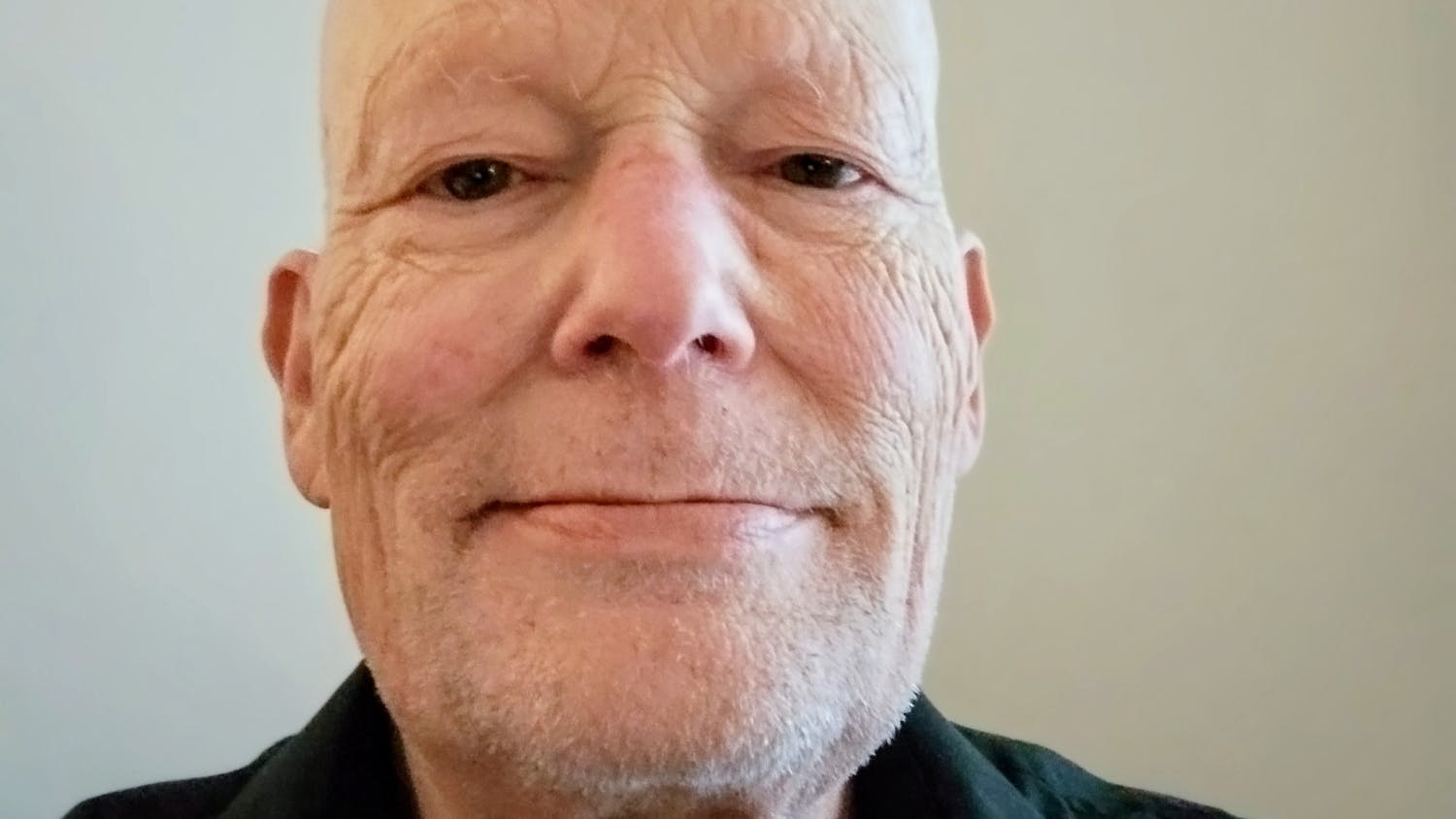“Haiti Is a Nation of Artists” was a powerful 50-minute documentary shown at the Embassy of Haiti earlier this November.
The short film provides an up-close look into how Haitian art and artists survived after the devastating 8.0 magnitude earthquake in 2010.
Jacquil Constant, the director of the film and executive director of the Haiti International Film Festival, discussed his intention behind the creation of the project.
“When you go to Haiti, art is everywhere, from the airport to the tap taps, which are like our taxis, to galleries and cultural institutions,” Constant said.
The film was named after an interaction Constant had with Carine Fabius, an art curator in West Hollywood. Fabius’ art gallery opened his eyes to the beauty of Haitian art and jump-started his documentary journey.
“I just want to show a different image of Haiti, and that was the reason I intentionally called it ‘Haiti Is a Nation of Artists.’ Usually when people think of Haiti, they think of the poorest nation in the western hemisphere,” Constant said. “But I wanted to show we have a rich culture district of the arts, and it’s been over 200 years of liberation, and it’s just a different culture.”
Two large themes in the documentary were the underrepresentation of Haitian artists and the misrepresentation of Haiti in the media. Another theme was exploring the Haitian diaspora and how it can help support Haitian artists to increase the value of their art.
The documentary featured a multitude of diverse interviews, including Jean Claude, a 60-year-old artist who spoke of how his art came from the heart. In total, six artists were interviewed in the film. It was narrated by Ella Turenne.
“It took a lot of stress off, doing this project,” Constant said. “I was at this Silicon Valley African film festival and a lot of the filmmakers were in the U.S., but they’re shooting in Nigeria because they get to go there and breathe, where here, you’re in this pressure cooker, and sometimes you need to go somewhere where you can reflect, go home and connect with your roots. So, I think that was the thing that this project gave.”
“When you go to most of the other Caribbean islands, they’re selling Haitian art,” Constant said. “So, it’s known that the work is great by the diaspora and our government. It’s just that we need to see it.”





